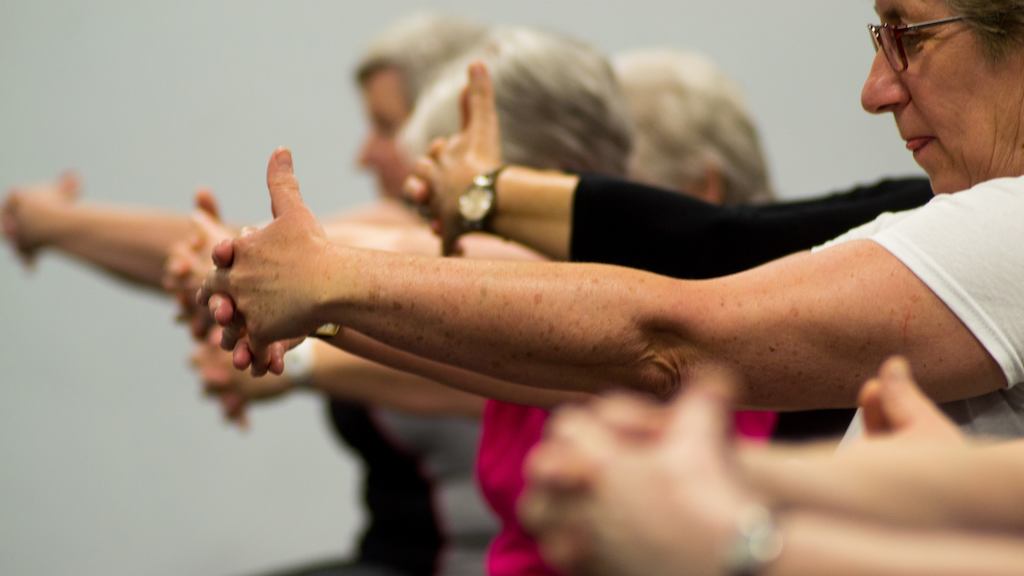The problem with these portrayals is they only show part of the story – and they rarely discuss the opportunities to help people prepare for and enjoy a good later life. This is where the Centre for Ageing Better comes in.
Our analysis of Later Life in 2015, found there are many ways in which people experience later life with the ‘struggling and alone’ group – typified by that man on the moon – making up about 12% of people aged 50 and over.
However, we also found that there are lots of people in later life who are satisfied and happy. Three quarters of people aged 50 and over report their general health as excellent or good and say they never or rarely feel they have too little money to spend on their needs. Given the right opportunities these people could be contributing more and a greater number of people could feel positive about their later life. There is potentially lots to learn from those people like the ‘can do and connected’ and ‘thriving boomers’ groups about why they are ageing well.
We want to find out what works and spread these ideas so that more people can enjoy a good later life in future. During 2016, we will be working with others to identify solutions and develop and test new approaches. We will also learn from others, such as learning from international examples of good practice and from cities like Manchester about how to design age friendly cities, how to create thriving retirement communities like the Whiteley Village, the potential of digital to connect people in new ways from social entrepreneurs behind Casserole Club or North London Cares, how to enable people to stay active and connected in later life from local voluntary sector organisations like OpenAge.
2016 a significant year in many ways – from elections and referendums to changes to welfare entitlements and pension freedoms. As a society, we also face many pressing issues in 2016, including housing and skills shortages and a lack of care workers. But on all of these issues we are currently failing to see those in later life as central to the debate and part of the solution. Here are some examples of how that could change.


